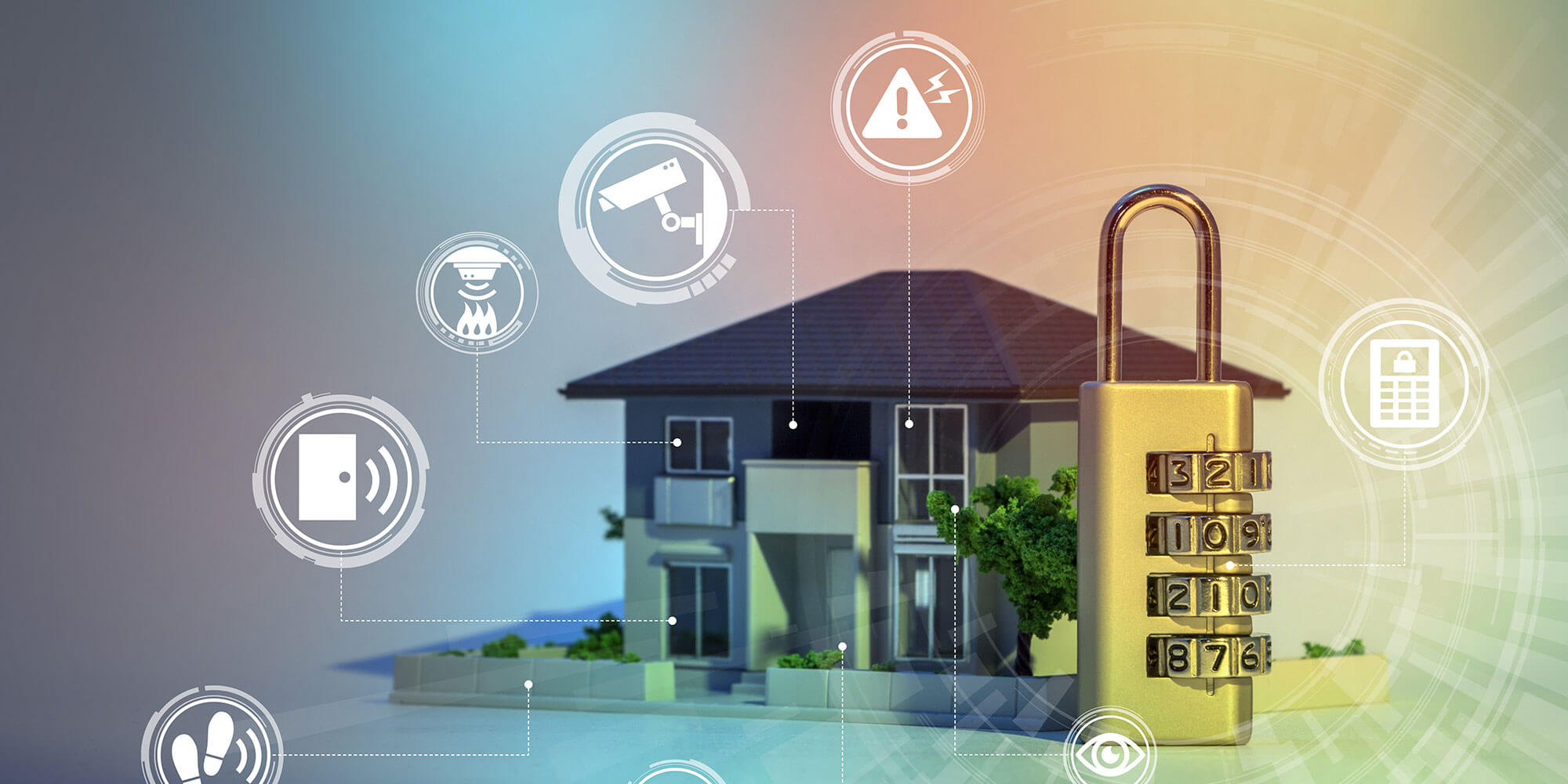Advertisement
More and more people are buying homes in residential estates, with around one in 10 South Africans choosing a luxury lifestyle community when purchasing residential property, according to Lightstone – a local business that provides valuations and market intelligence on property.
One of the reasons estate living has grown in popularity is its perceived security. This is not surprising, with the recent crime stats released by the South African Police showing an increase in robberies with aggravating circumstances, and robberies at residential premises.
When you purchase a home in a secure estate, it is done with an understanding that you are investing in a secure lifestyle. It is the responsibility of the developer, the body corporate, trustees and directors of a residential estate to ensure that residents are, indeed, buying a secure lifestyle. The onus is therefore on these parties to ensure that, first and foremost, the estate security systems are up to date and functioning properly, and, should an incident occur, that measures are in place to mitigate loss.
Visitor management
While many residential estates list security as one of their chief attractions, the reality is that for some it becomes difficult to monitor who comes in and out of the estate because the necessary security measures are absent or inadequate. The level of security depends on a mix of factors, starting with physical security measures like access control, perimeter fencing, CCTV and contractor management.
As criminals become more sophisticated, more advanced access control is becoming a necessity. Technology has evolved significantly in this regard, and has come a long way since access cards and biometric finger scanning. Specialised cameras are being used for number plate recognition, and facial recognition is a viable option when it comes to accurate access control. All these measures should be decided upon at development phase, when plans are drawn, and not as an afterthought.
Advertisement
Managing general security
It is essential that security staff are properly trained to detect criminal activity, and to follow the correct standard operating procedures while on duty. This is because, even if outstanding systems are in place, they may be compromised if the quality of the personnel using these systems is questionable.
Bodies corporate, meanwhile, should ensure that the security company contracted to the estate is reputable and held accountable, and that it provides the very best security equipment and personnel so that the security function operates at its best.
Vetting procedures
How do criminals gain access to those properties that are sought out precisely because they are supposed to be safe? Determined criminals will always find a way. Some estates have inconsistent vetting procedures in place, making it easy for members of crime syndicates posing as rental guests to infiltrate the estate.
Getting the residents involved
Maintaining high levels of security is not just the responsibility of the body corporate; residents also have a role to play. Living in a security estate doesn’t mean that doors can be left unlocked and alarms unset at night or when going out. Security measures for each individual house still have to be put in place.
It is also advisable for residents to have mobile chat groups where they can report suspicious happenings in and around the estate. Residents must work with security teams to keep criminal activity out of the estate, because the first step to ensuring protection is to take personal responsibility for your family’s safety.
Bottom line
It is important to remember that no residential estate is perfect from a security perspective. So, when the inevitable happens, be sure to have the right partner by your side. Santam Specialist Real Estate has specialist insurance solutions for the collective property schemes market and the broader real estate industry, including property developers. For more information, speak to your broker.
www.santam.co.za - Santam is an authorised financial services provider (licence number 3416).



